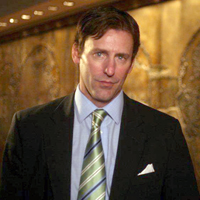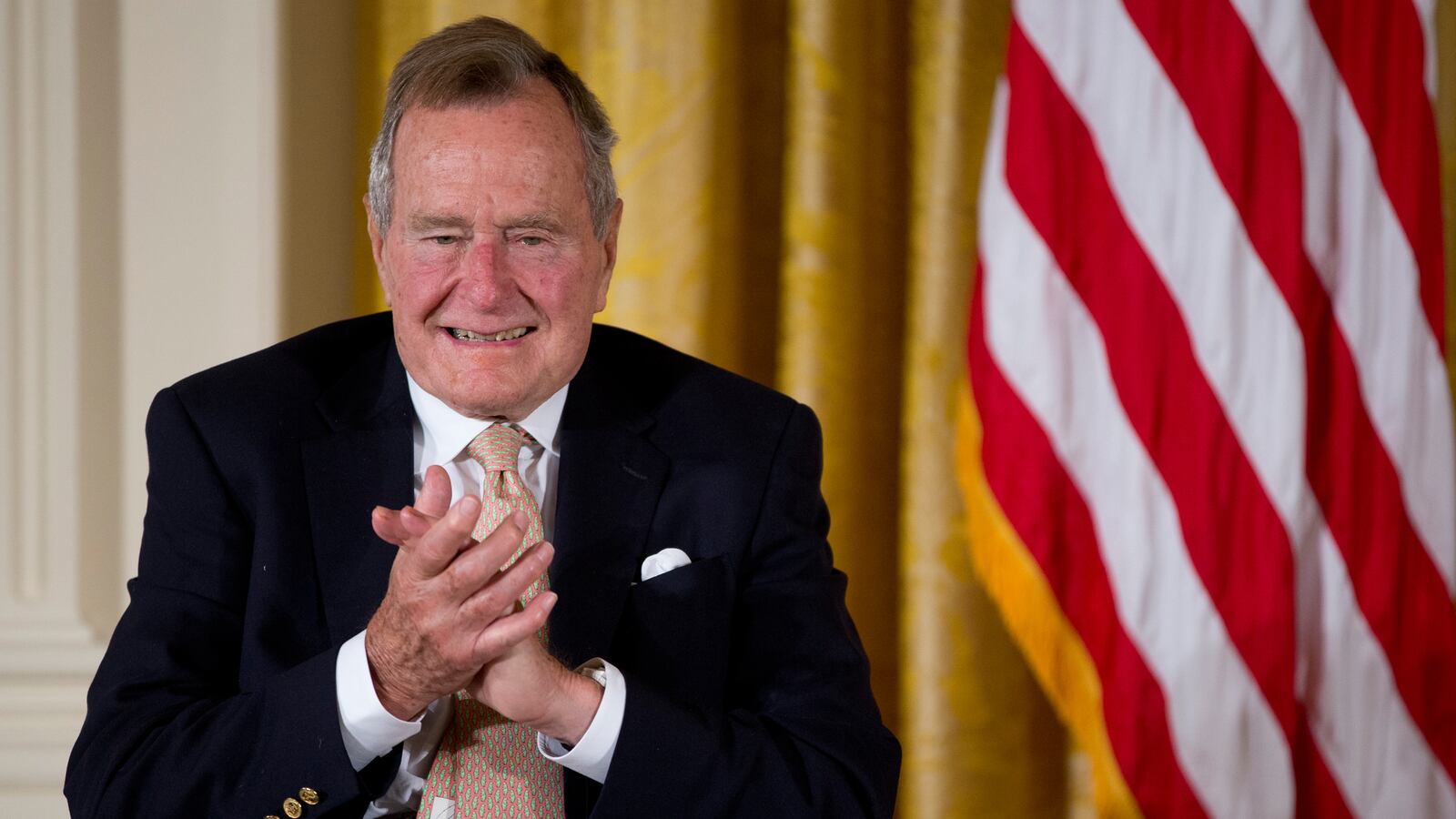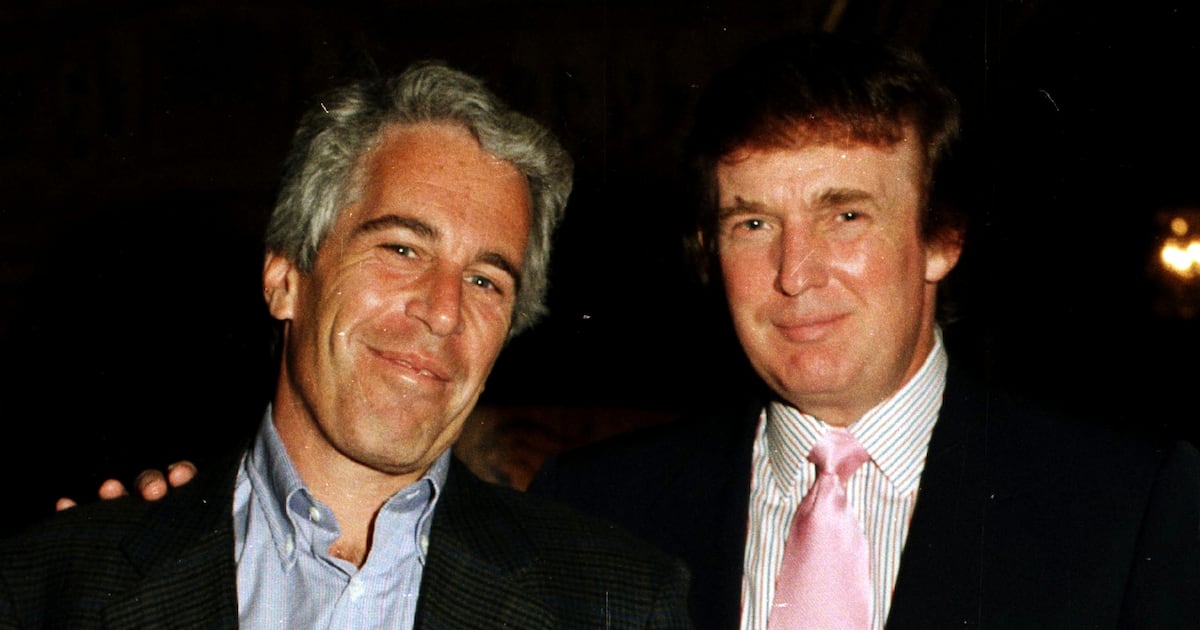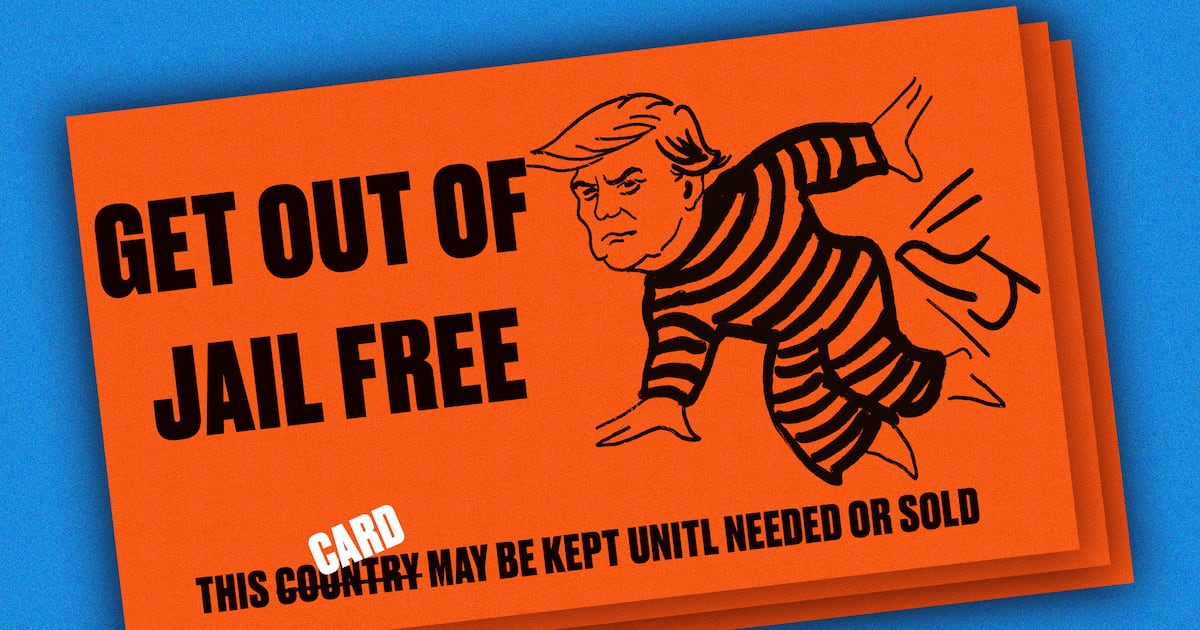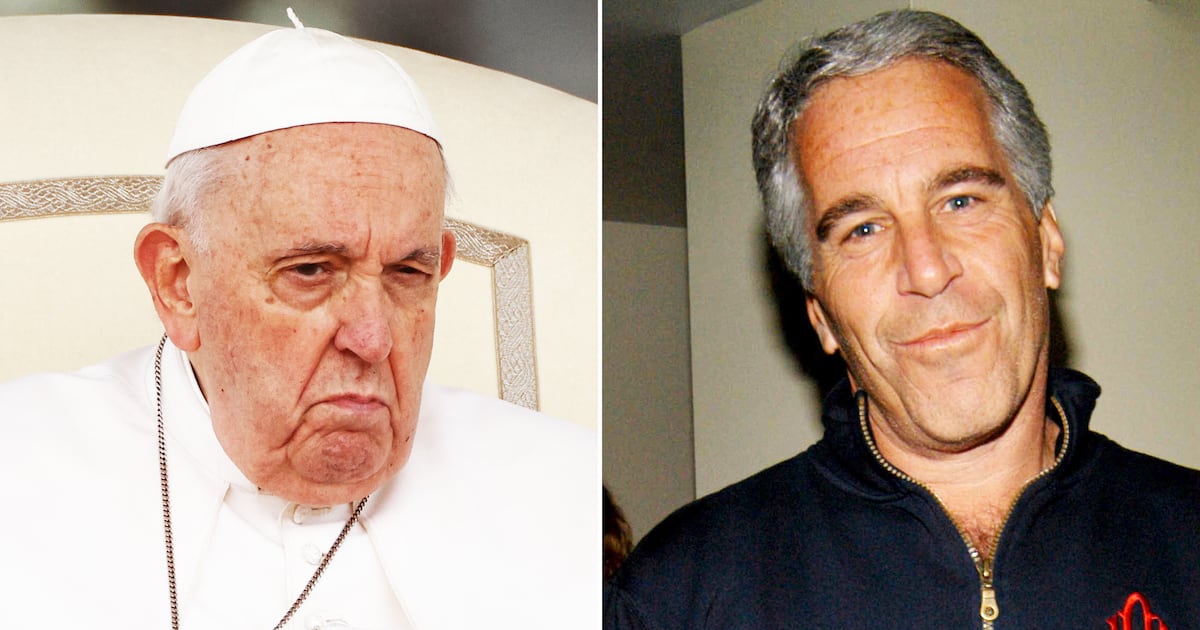Modern post-presidencies, it seems, are often designed around vindication or at least a conscious effort toward enhancing one’s legacy. Think of the disgraced Richard Nixon, rising like a phoenix out of Watergate-induced exile to become a foreign-policy sage for Ronald Reagan, George H.W. Bush, and Bill Clinton. Or the humbled Jimmy Carter channeling his prodigious energies into humanitarianism through his NGO, the Carter Center, and winning the 2002 Nobel Peace Prize. Or the scandal-beset Clinton, taking a page from Carter’s playbook, doing good through the now-massive Clinton Global Initiative.

George H.W. Bush, however, after failing to fend off a reelection challenge by Clinton in 1992, left office feeling no need “save the world” through post-presidential activism and forbade talk among his staff about his legacy, dismissing it as “the L word.” Yet, over the years “41,” as he is called, a nod to his place in the presidential continuum, has become our most revered living president. That became clear at the opening of the George W. Bush Presidential Library this year, which united all of the five living members of The Presidents Club, when a groundswell of applause not matched by any other man on the stage rose up to embrace him.
To some degree, it’s a function of the perspective that comes with the passage of time. Twenty years after leaving office, no longer in the shadow of Reagan, his titanic predecessor, we’re getting a clearer appreciation for Bush’s sheer competence as president during a consequential time. He is lauded for his steady hand as commander in chief, helping to pick up the pieces of the former Soviet Union and Eastern Bloc nations and quietly preventing chaos from ensuing after the Iron Curtain fell, then leading a coalition of nations toward the liberation of Kuwait after the Iraqi seizure in the Gulf War.
Even his domestic policy, which proved his undoing electorally, has come to be admired. Toward the end of his term, Bush was characterized as being out of touch with Americans, indifferently toiling in the Oval Office as the economy sputtered. But as columnist David Frum pointed out in The Daily Beast this month, the Bush 41-era recession was the product of the Savings & Loan financial crisis incubated by Reagan in the late ‘80s. “Bush lost reelection largely because of a recession that had already ended well before voting day,” Frum wrote. “That indeed would soon metamorphose into the strongest and broadest economic expansion since World War II.” In fact, we now know the road to prosperity was paved in large measure by Bush’s fateful but unswerving decision to break his fervent 1988 “no new taxes” pledge as a means of brokering a 1990 budget deal. In an age when political passion all too often overcomes reason, Bush’s course 23 years ago seems all the more admirable. Once lampooned by Saturday Night Live’s Dana Carvey for his prudence—remember, “Wouldn’t be prudent—at this juncture”?—Bush is now celebrated for the same quality.
Moreover, we have come to value Bush’s character. It seems odd now that Bush left office lamenting that Americans didn’t understand his “heartbeat,” which we see manifestly today. Almost everyone who knew Bush even distantly, from either side of the aisle, has a story of his thoughtfulness or compassion. Even at 89, after battling a near-fatal bout with bronchitis late last year, Bush continues to be beacon of decency.
In July, when he, along with his Secret Service detail, shaved his head in solidarity with the 2-year-old son of one of his agents who was being treated for leukemia, a photo of him and the boy, both bald as cucumbers, went viral.
Two months later we saw him at the Kennebunkport, Maine, wedding of two local women, which Bush attended not as a show of support for gay marriage, but simply because he wanted to there for two friends on their big day.
It was fitting: Bush was never one to grandstand, but was more apt to reveal himself through small, quiet gestures that made a deeper impression. It’s what made him both a great statesman and a good friend.
The late Christopher Hitchens wrote in his memoir, Hitch-22, that his idea of earthly happiness was being vindicated in his own time. If modesty weren’t at his core, the vindication Bush has seen in his twilight might mean more to him. Regardless, his legacy—“the L word”—is secure.
